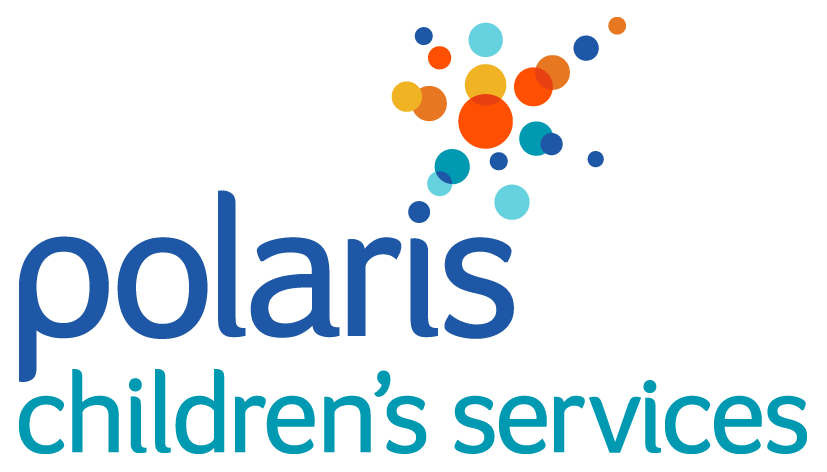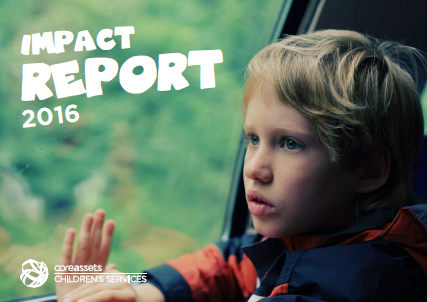As part of Trans Awareness Week (13-17 November), we asked Jaimee Harper, a Family Support Social Worker for Core Assets Children’s Services, to share the pioneering work that she is doing to raise awareness of trans issues that may be faced within her service.
Following on from the Mermaids training held earlier in the year at Core Assets (which was a one-day event to increase staff understanding and awareness of the trans community) I took it upon myself to produce a presentation specific to trans people in the Family and Young Person service I work within.
The presentation was aimed at our support staff in order to raise awareness of the issues that they may encounter when working with an adult or child who identifies as trans, or with someone who is experiencing gender issues. The presentation was well received by staff, who realised the limitations of their knowledge and understanding of the issues faced by trans people.
Following on from this, I was recently invited to give the same presentation to staff from a Health Service, who were keen to understand the issues for themselves, since many of them had never dealt with a trans person before. The audience was made up of several GP’s, CAMHS workers and nurse clinicians as well as a psychologist, lead GP and lead pharmacist, all of whom are key people and very much in the front line for a trans person’s medical needs.
The workshop identified several aspects that they had not considered before, including pregnant males, screening for women, which medicines are best for a trans person due to their physiological differences to their acquired gender, which hospital ward do you place them on and how to identify their trans status in their records without breaching confidentiality.
The honesty of the group was welcome, as they simply had not had to deal with such issues before. As one GP admitted, as they didn’t know what to do, they did nothing. While it was acknowledged that some of the issues may make them uncomfortable, they were reminded that the trans person presenting to them will very likely be feeling even more uncomfortable and they regularly have to ‘out’ themselves to medical professionals and staff in order to get the most appropriate services.
Since the presentation I have received some encouraging feedback, for instance, from the lead GP: “A big ‘thank you’ from me, for taking the time to speak to us. It was interesting and thought-provoking, and hopefully will have positive effects on management here in the future.”
Happily, I can report that changes have begun to occur already and I have been requested to offer the presentation on two more occasions. This is so that all of the Health Service’s staff, including receptionists and administrative staff, have the opportunity to attend and raise their awareness and understanding of trans issues.
Jaimee Harper








